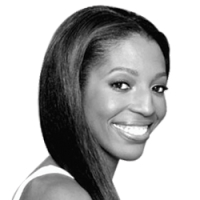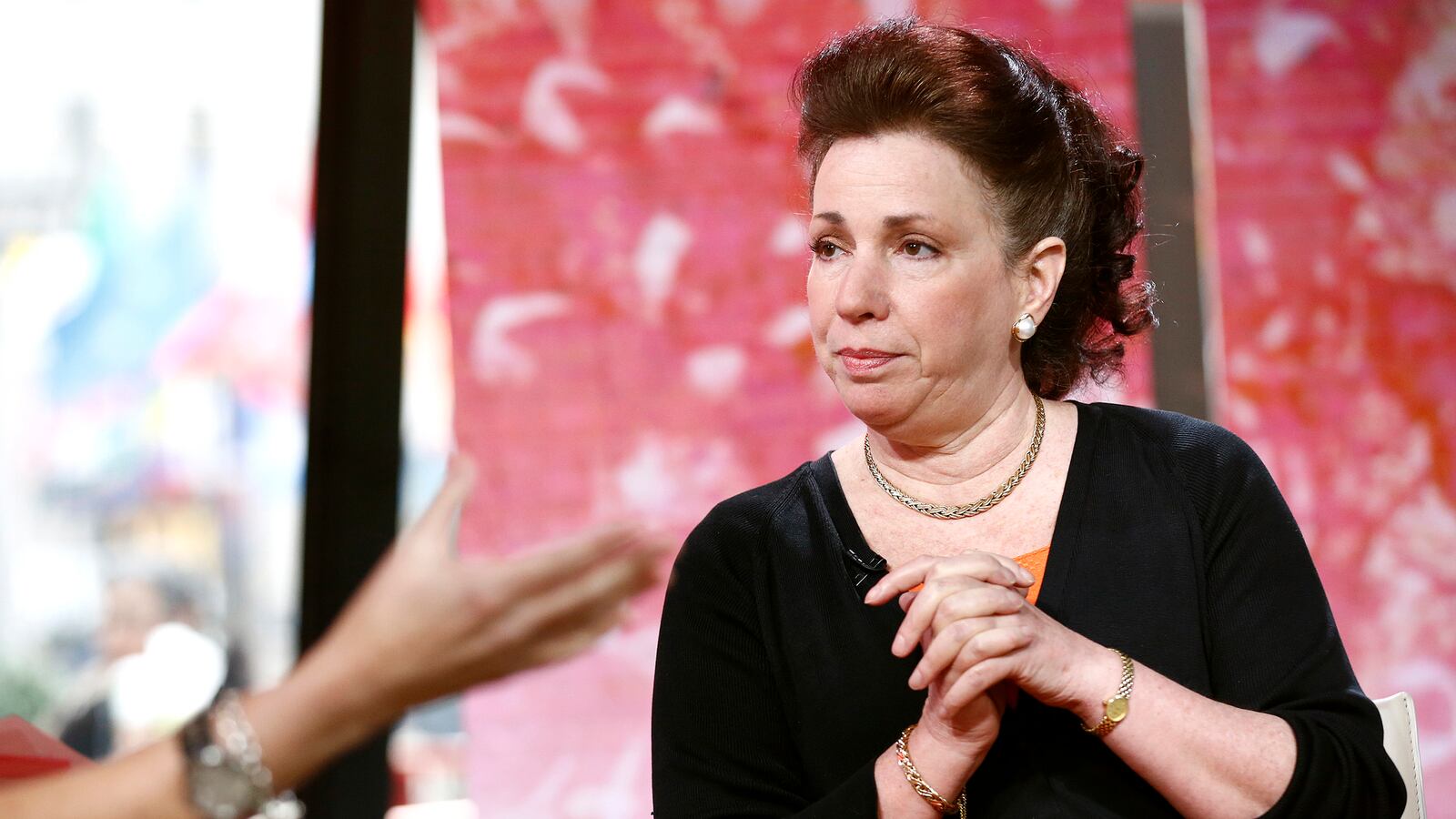Susan Patton, aka Princeton mom, has evoked so much ire from feminists that it almost feels a bit like a betrayal to the sisterhood to give the woman any more ink. But not only am I going to give her more attention, I am going to do something even more shocking for someone who considers myself a feminist. I’m going to admit that part of Patton’s message is right.

Before my fellow feminists start chasing me with pitchforks (or do the Internet equivalent of responding angrily on Twitter before actually reading my entire argument), please allow me to explain.
For starters, a lot of what Patton says is wrong. In fact so much of it is wrong I don’t really want to waste an entire column rehashing what’s wrong with the Patton Manifesto for Womanly Happiness. Plenty of other columnists have covered that ground already. I will however say that one line in particular in her latest column to promote her new book Marry Smart struck me as particularly funny in a funny-that-she’s-so-wrong kind of way. She writes, “In your early 20s, you are at the peak of your attractiveness and your fertility.” I may have been at the peak of my fertility in my early 20s, but every photo from those years confirms I was definitely not at the peak of my attractiveness.
But her primary argument is not entirely wrong. In fact her biggest mistake is not the argument itself but the fact that she genuinely thinks it applies to all women, instead of only certain women. Patton essentially argues that women are making a mistake by putting their careers before marriage and motherhood. Her concern is you may waste your most fertile years, which for women, like it or not, are finite, building your professional life then look up and realize it’s too late to build the personal life you always wanted. As uncomfortable and seemingly anti-feminist as it may feel to say it, for many women Patton is spot on—emphasis on many, not all.
I think the reason Patton’s argument makes some women uncomfortable is the same thing that makes so many uncomfortable with the so-called “mommy wars” debate over stay-at-home mothers and mothers who work outside the home. The source of discomfort is this: Everyone tells you to do what is best for you and your family, but then judges you when you do. On top of that no one really offers any guidance on how to figure out what might work best for you. It would be nice if there were a magic test we could all take that told us individually, “yes, you will be able to have two kids in your late thirties, and work full time and live happily ever after,” or “you will be happier having only one child in your mid-twenties and working part-time until he’s older,” or “you will definitely be happier without children.” But of course so far no such test exists. Yet I would argue that there is a way for women to test themselves on whether or not they should invest primarily in the priorities Patton suggests (marriage and motherhood) or invest in their professional lives first and foremost. That test is simple. Every woman should ask herself this and answer honestly: Professionally are you defined by a job, a career or a passion?
My mother always had good jobs. They were jobs that allowed her to contribute to our family, but also allowed her to attend my dance recitals. Her jobs were not the kind that became a career that required travel or long absences from our family. Nor were they passions that inspired her to leap out of bed every morning thinking about how lucky she was to pursue her dream. But that’s how I feel about writing. On my worst working day I couldn’t imagine not getting to do this for a living. And if I weren’t making a living at it, I would be obsessively pursuing it as a hobby, because I’m passionate about it. That’s how some of my friends feel about acting, or working in politics or technology. For them and for me, giving up our careers for a man or a child would be more than professional sacrifice but a serious impediment to our personal happiness. (An important note: being successful at something doesn’t make it a passion. I know plenty of successful people who hate their jobs, but love the money or status it brings.)
My point is someone who doesn’t really love what she is doing in the workplace to begin with, will rarely have regrets about stepping away to raise a child. But I know of plenty who stepped away or stepped back from careers they loved and were passionate about to raise children who do have regrets. To be clear, I’m not saying they wholly regret the choice to become a mother, but they regret the sacrifices they made, and what putting family first cost them. This doesn’t necessarily mean they made the wrong choice, but perhaps they didn’t make an informed choice; in the same way that some women who are being told to ignore Patton’s advice may not be making an informed choice either.
So what’s my point? Well if you are a young woman, who wants to be a mother and has always wanted to be a mother, and are currently working at a job you are not passionate about and will never be passionate about, then instead of working nights and weekends you should probably spend some of those weekends trying to meet the future father of your children. If you don’t make it a priority, it won’t happen on its own and if motherhood is part of what will make you happy it’s important to put the time and energy into pursuing it with as much dedication as some of us are putting into the professional goals that make us happy and fulfilled.
In her latest essay Patton wrote: “All of this comes down to women being true to themselves and smart for themselves. Developing your career is certainly important, but your personal happiness is more so.” What she fails to comprehend is that for some of us, our personal and professional happiness are intertwined. But for those women for whom it’s not, well, you should buy Patton’s book and not be embarrassed to do so, regardless of what some of my fellow feminists may think.






